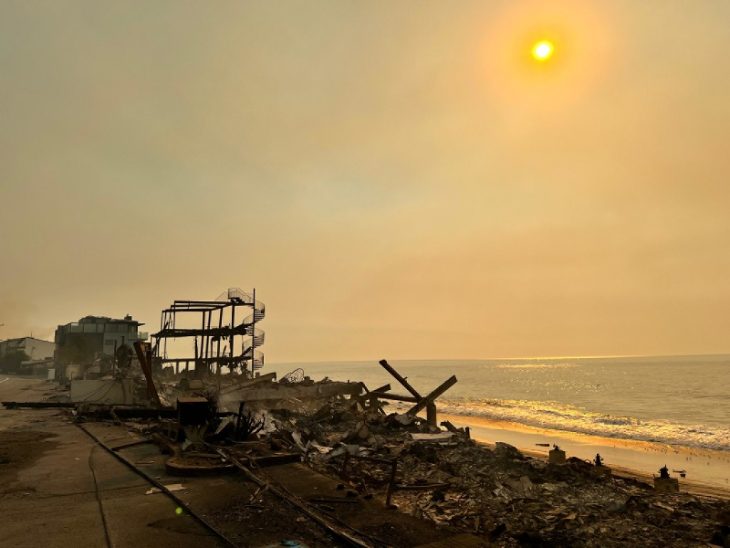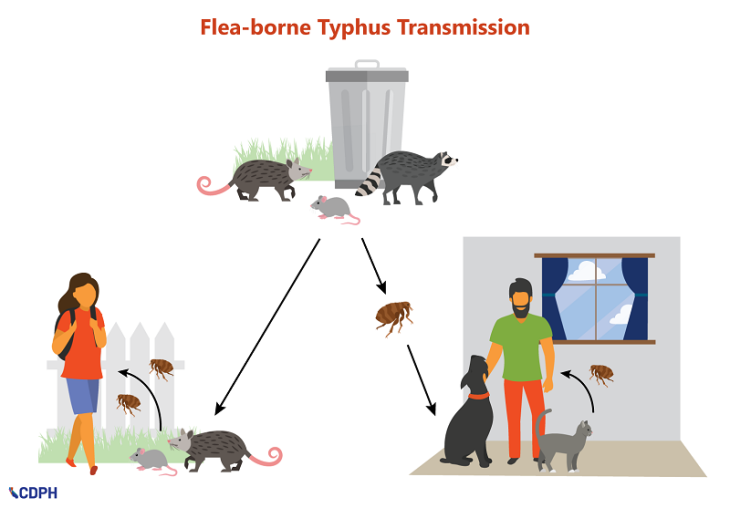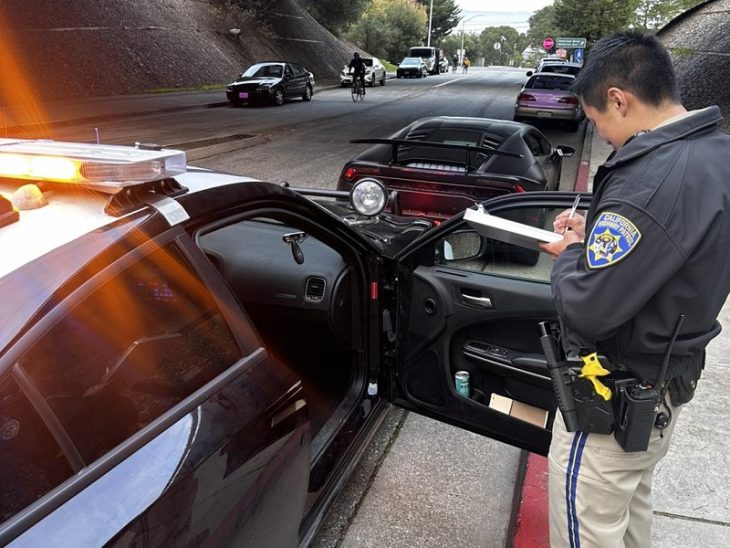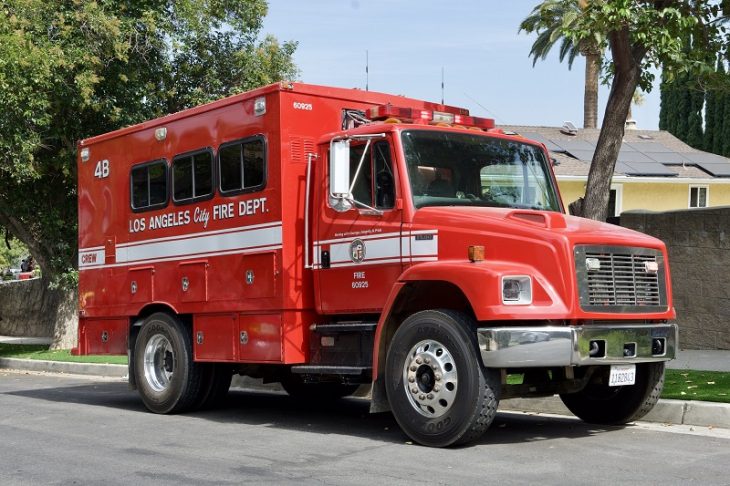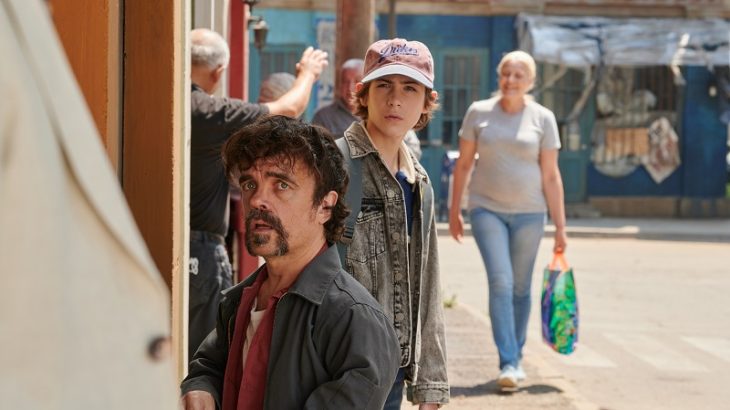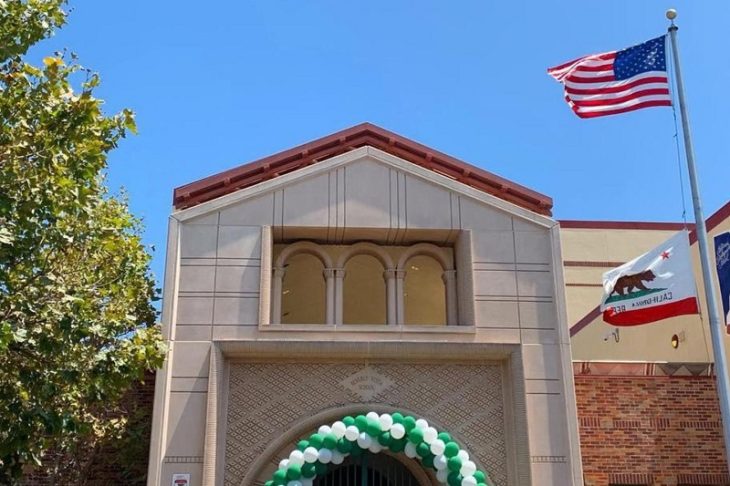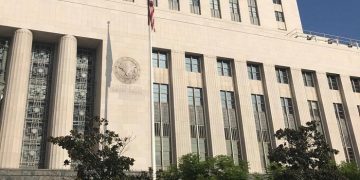The Marine Mammal Care Center Has Issued a Hospital Alert For This “Extreme Event”
By Dolores Quintana
The Marine Mammal Care Center in Los Angeles has issued a hospital alert following a significant increase in the number of patients affected by domoic acid (DA), a harmful algal toxin. The public is urged to exercise caution and stay away from marine mammals they encounter on the beach during this event. This event is more commonly known as a “red tide.”
One witness to a sea lion in distress today, Liam O’Donnell, writer, and director of Beyond Skyline, noticed that something was off right away when he saw a sea lion having trouble on the beach but wasn’t sure what to do. He posted on Twitter about the encounter with a sea lion and noted with sadness that he found another dead sea lion close by.
Councilmember Traci Park sent out an urgent message this afternoon asking for volunteers to spot sea lions or dolphins who might need assistance, and her office has joined with the Aquarium of the Pacific to form a “Pinniped Patrol” of spotters to keep an eye out for animals on local beaches, you can sign up here.
Sea Lion In Distress – Marine Mammal Care Center
According to the National Oceanic Atmospheric Administration (NOAA), domoic acid poses a serious threat to marine animals, including birds, pinnipeds (seals, sea lions), and cetaceans (whales, dolphins). The toxin has been detected in marine animals along the U.S. coastal waters, with a growing frequency observed along the west coast. It is produced by the cosmopolitan diatom Pseudo-nitzschia spp., and when consumed by planktivorous fish, it enters higher levels of the food web. California sea lions and dolphins are particularly vulnerable during domoic acid events.
Patients affected by domoic acids exhibit various symptoms, including seizures, dehydration, severe vomiting, aggressive behavior, lethargy, miscarriages, and even death. The treatment for patients with DA involves providing fluids subcutaneously or orally to maintain hydration, administering anti-seizure medication, and providing nutritional support. While there is no cure or standard treatment for domoic acid, symptomatic treatments can be effective, especially when administered early, giving patients a chance at full recovery.
Treating animals affected by domoic acid presents additional challenges. Mature animals in recovery require a significantly higher amount of food, consuming approximately 18-21 pounds per day. This is considerably more than the pups and yearlings that the Marine Mammal Care Center routinely treats. Moreover, the cost of providing the necessary food, medications, and medical samples for DA patients is higher than for typical cases. Despite these challenges, many marine mammals can be saved with the proper care if they are found in time.
The Marine Mammal Care Center encourages the public to report injured or ill marine mammals by contacting the Rescue Hotline at 1-800-39-WHALE. They also emphasize the importance of staying vigilant and avoiding close contact with marine mammals on the beach during this domoic acid event.



